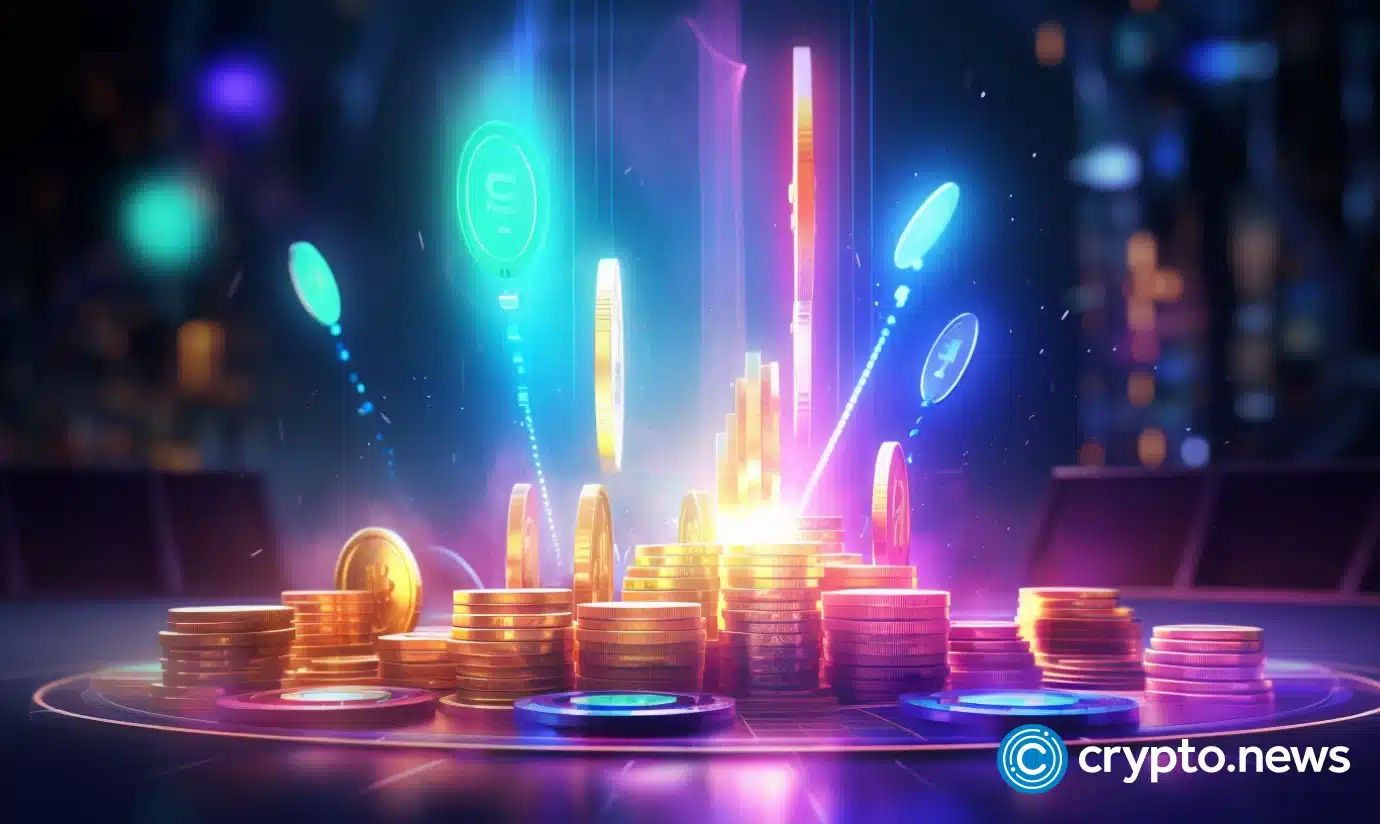The content and materials featured on this page are for educational purposes only. ICON and Cardano both shared the ambition of displacing Ethereum and building a better network. However, this ambition has not materialized due to the abundance of builders on Ethereum.
ICON also faces challenges such as being not represented on Coinbase, having a low profile, and trading near its lower range of around $0.23 per token. Despite this, ICON aims to rely on its loyal community and maintain a social media presence. In an attempt to introduce tokenized real-world assets, ICON faced challenges due to the need for regulation and oversight, hampering its efforts to host a new class of tokens on the blockchain.
On the other hand, Cardano has the capability to handle up to 1,000 transactions per minute and is comparatively spam-proof. It is positioning itself as a potential hub for high-activity projects such as DEX trading, games, NFT markets, and more. Additionally, Cardano is growing a decentralized ecosystem of apps, including lending, metrics, new types of tokens, and blockchain-based social networks.
However, it remains relatively stagnant, trading at $0.45 after a market-wide correction. DeeStream aims to provide its users with full control of their wallets and reversible, refundable transactions on the platform. The platform will issue 300M tokens for utility, staking, and micropayments.
Furthermore, the team’s allocation will remain locked for 1,000 days. DeeStream aims to turn its asset into a high-utility, valuable token with blue-chip potential. It’s important to note that crypto.news does not endorse any product mentioned on this page.
Users are advised to conduct their own research before taking any actions related to these companies.



